Is the future of air travel hypersonic?
The dream of flying at five times the speed of sound still faces huge obstacles, ranging from technical to environmental to economic
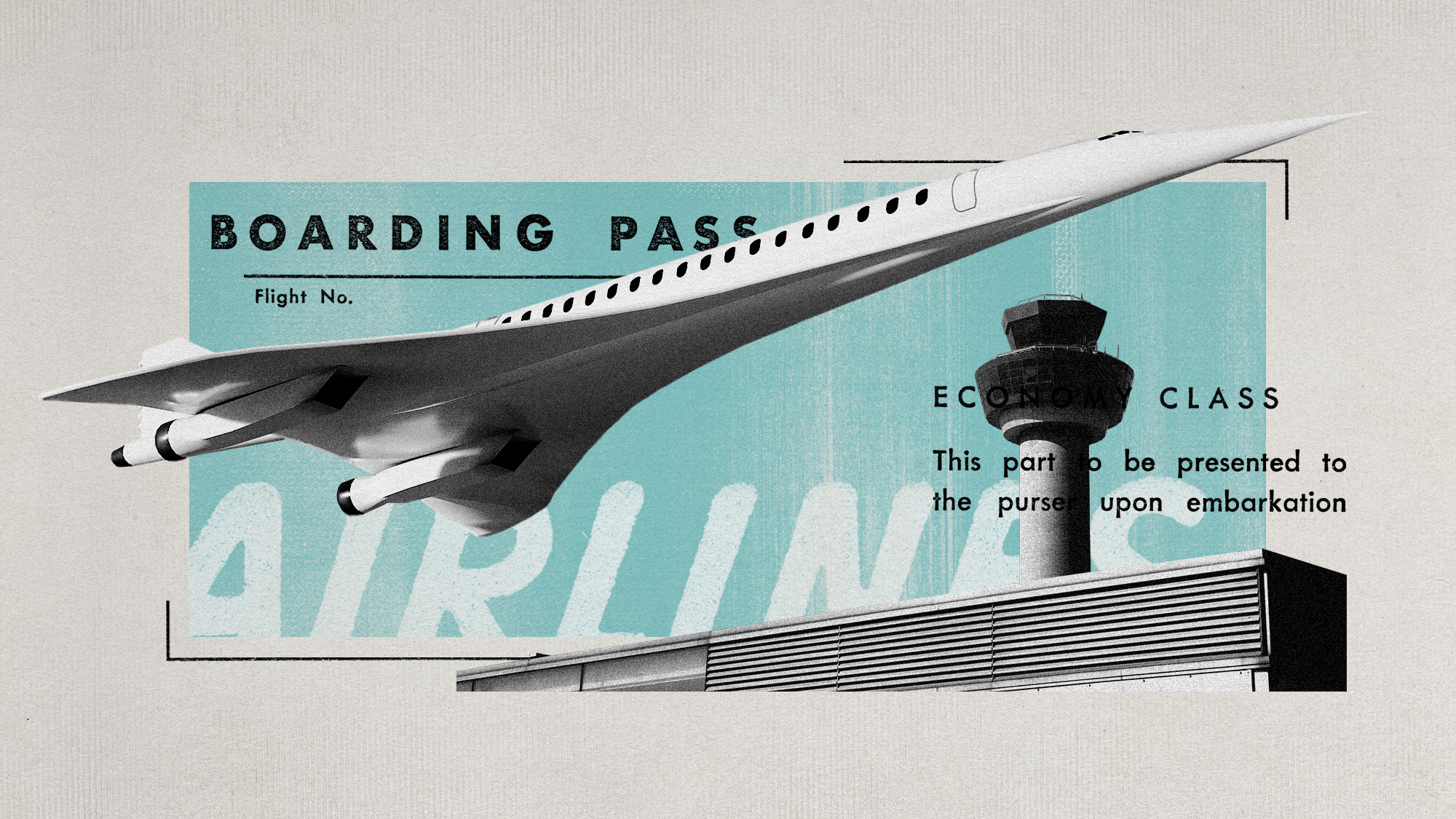
A free daily email with the biggest news stories of the day – and the best features from TheWeek.com
You are now subscribed
Your newsletter sign-up was successful
A Chinese company has successfully tested a prototype plane which could one day travel at hypersonic speeds, whisking passengers from London to Sydney in just four hours.
South China Morning Post reported that Space Transportation, headquartered in Beijing, has tested a commercial transport jet capable of flying at Mach 4 – or twice the speed of Concorde – with plans for a maiden voyage in 2027.
This would bring it within range of the hallowed Mach 5 speed, which is "the new Mach 1", said The Economist. "Just as aviators of old sought to break the sound barrier and travel supersonically, the search is now on for reliable and controllable ways to travel 'hypersonically', generally defined as more than five times the speed of sound."
The Week
Escape your echo chamber. Get the facts behind the news, plus analysis from multiple perspectives.

Sign up for The Week's Free Newsletters
From our morning news briefing to a weekly Good News Newsletter, get the best of The Week delivered directly to your inbox.
From our morning news briefing to a weekly Good News Newsletter, get the best of The Week delivered directly to your inbox.
A massive technical challenge
While intercontinental ballistic missiles and spacecraft re-entering the Earth's atmosphere have been able to reach hypersonic "Mach 5" speeds for decades, the problem is "they are not very steerable", said The Economist. "Steering hypersonically using conventional control surfaces, like wings and ailerons, is out of the question. The forces and heat involved would destroy them."
Engineers are now exploring alternative means of propulsion. This includes magnetohydrodynamics – which uses plasmas controlled by electromagnets, instead of gases, to keep temperatures down.
Another "exotic design" reported by The Register is the SABRE (Synergetic Air Breathing Rocket Engine) which combines the fuel efficiency of a jet engine with the power of a rocket. Using innovative precooling technology and liquid oxygen it would allow an aircraft to take off from a runway as normal, then travel at velocities of about five times the speed of sound in the atmosphere.
The prospect of a flying time of under two hours from London to New York is "mind-blowing", agreed The Independent, but any talk of hypersonic travel in the near future comes with an "extremely important caveat".
A free daily email with the biggest news stories of the day – and the best features from TheWeek.com
It's not just that building a hypersonic passenger aircraft is a "massive technical challenge that has never even been attempted before – there are dozens of reasons that make it very nearly impossible".
Environmental and economic concerns
When Concorde ushered in the age of supersonic travel almost 60 years ago, "passengers cared about speed and governments wanted to wave the flag of national tech prowess", reported Politico.
Today there are "greener concerns", with Nasa calculating that supersonic jets burn around three to seven times more fuel per passenger mile than subsonic jets.
The economics also look "challenging" as hypersonic travel would require smaller fuselages which limit the passenger capacity of each flight. As was the case with Concorde, it may only ever be affordable for the super-rich.
Supersonic passenger aircraft also have a famously chequered safety record. A Soviet-made Tu-144 crashed just months after it was launched in 1973 while the Concorde crash in Paris in 2000 effectively signalled the end of commercial supersonic travel. Another issue that plagued Concorde was restrictions on overland supersonic flights, which were put in place to avoid noise pollution.
While the likes of Space Transportation and US-based Boom Supersonic, which has plans to launch its own supersonic Overture airline in the next five years, remain bullish, the British developers of SABRE offer a cautionary tale.
Just this week, Reaction Engines went into administration after failing to secure new funding, "ending ambitious hopes of revolutionising air travel by making hypersonic flight a reality", said the Financial Times.
-
 Bad Bunny’s Super Bowl: A win for unity
Bad Bunny’s Super Bowl: A win for unityFeature The global superstar's halftime show was a celebration for everyone to enjoy
-
 Book reviews: ‘Bonfire of the Murdochs’ and ‘The Typewriter and the Guillotine’
Book reviews: ‘Bonfire of the Murdochs’ and ‘The Typewriter and the Guillotine’Feature New insights into the Murdoch family’s turmoil and a renowned journalist’s time in pre-World War II Paris
-
 Witkoff and Kushner tackle Ukraine, Iran in Geneva
Witkoff and Kushner tackle Ukraine, Iran in GenevaSpeed Read Steve Witkoff and Jared Kushner held negotiations aimed at securing a nuclear deal with Iran and an end to Russia’s war in Ukraine
-
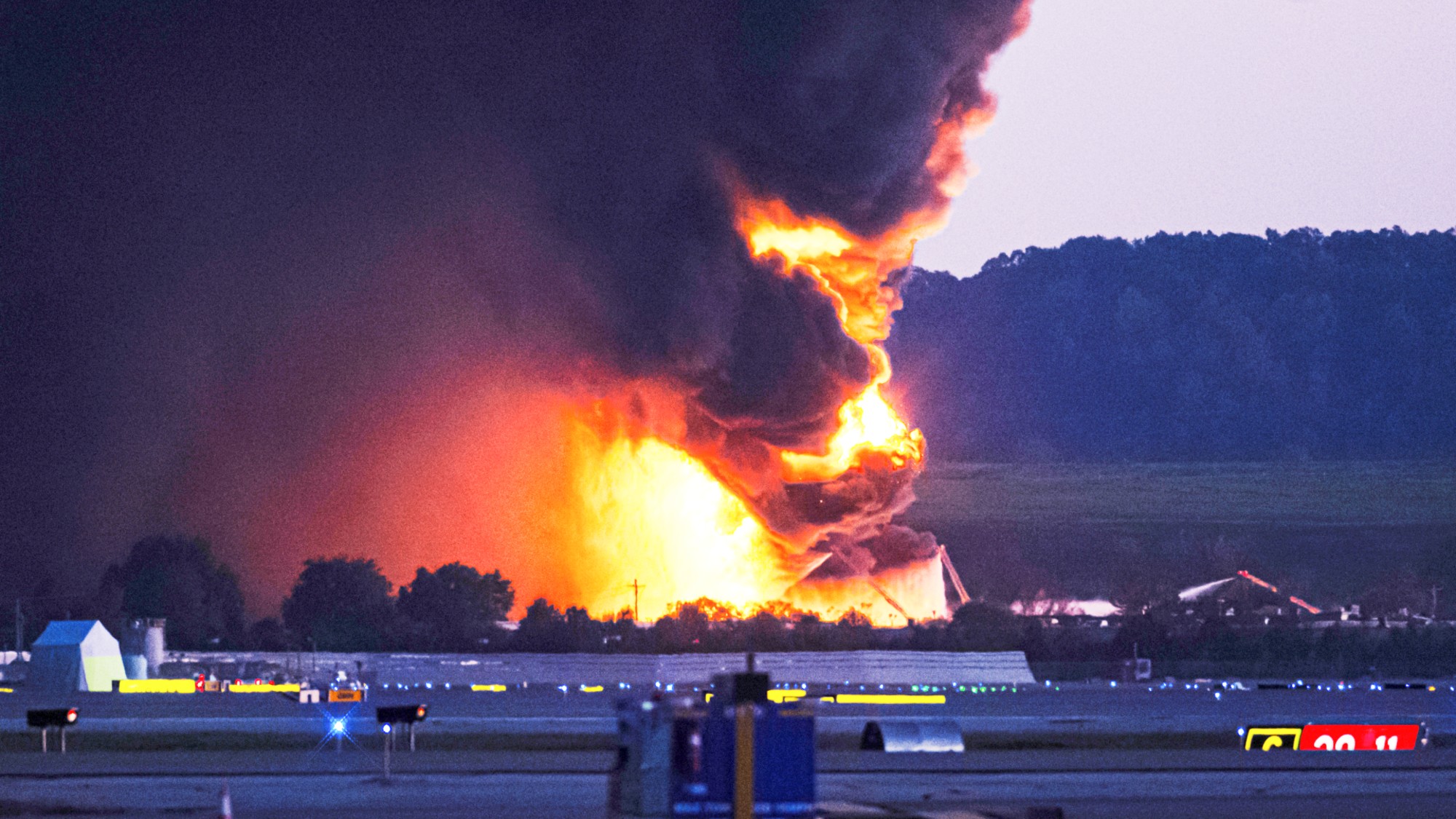 A 34-year-old plane is at the center of the UPS crash
A 34-year-old plane is at the center of the UPS crashIn the Spotlight Many air cargo companies use planes that are this old
-
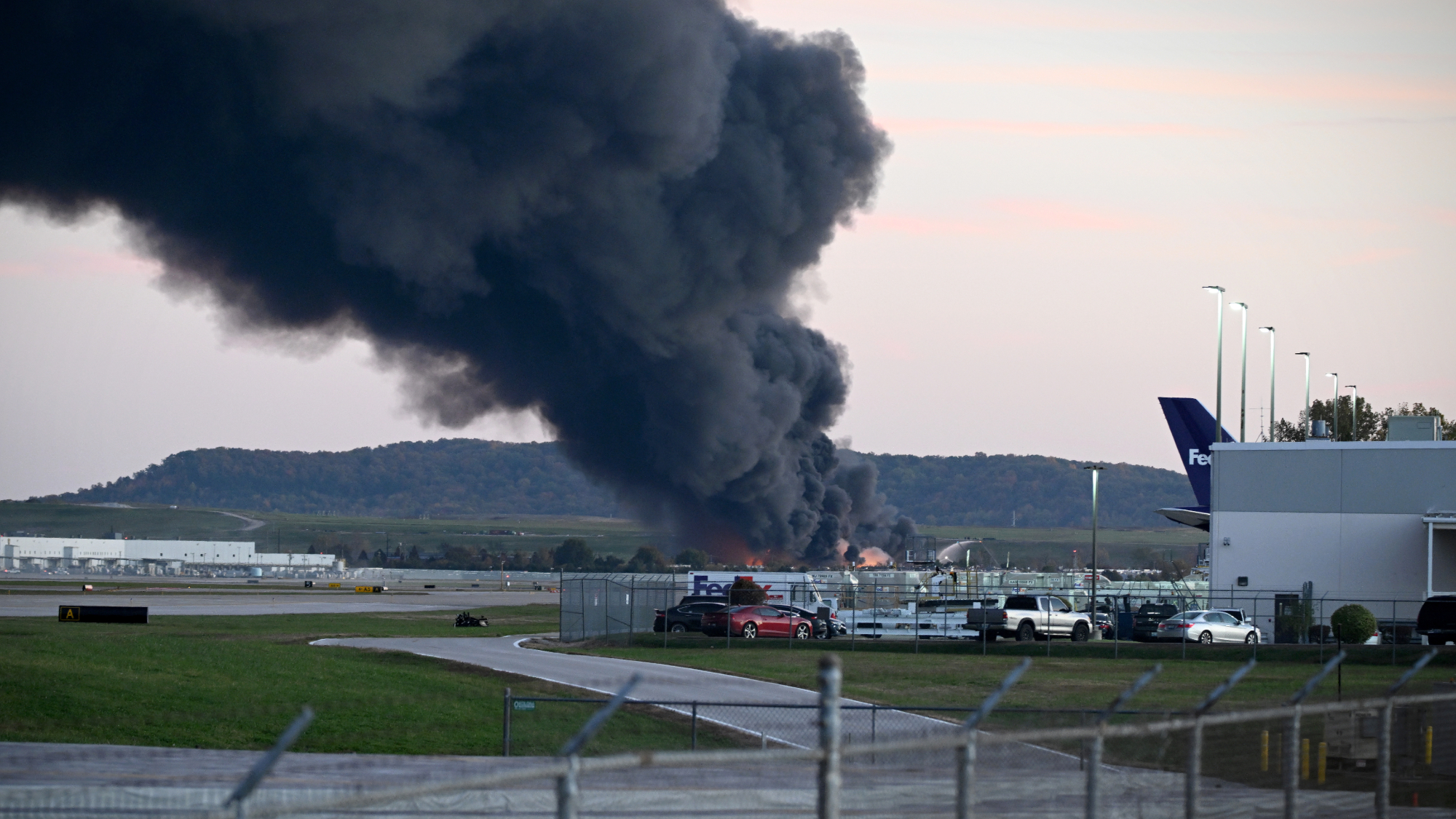 At least 7 dead in Kentucky UPS cargo plane explosion
At least 7 dead in Kentucky UPS cargo plane explosionSpeed Read Another 11 people were hurt
-
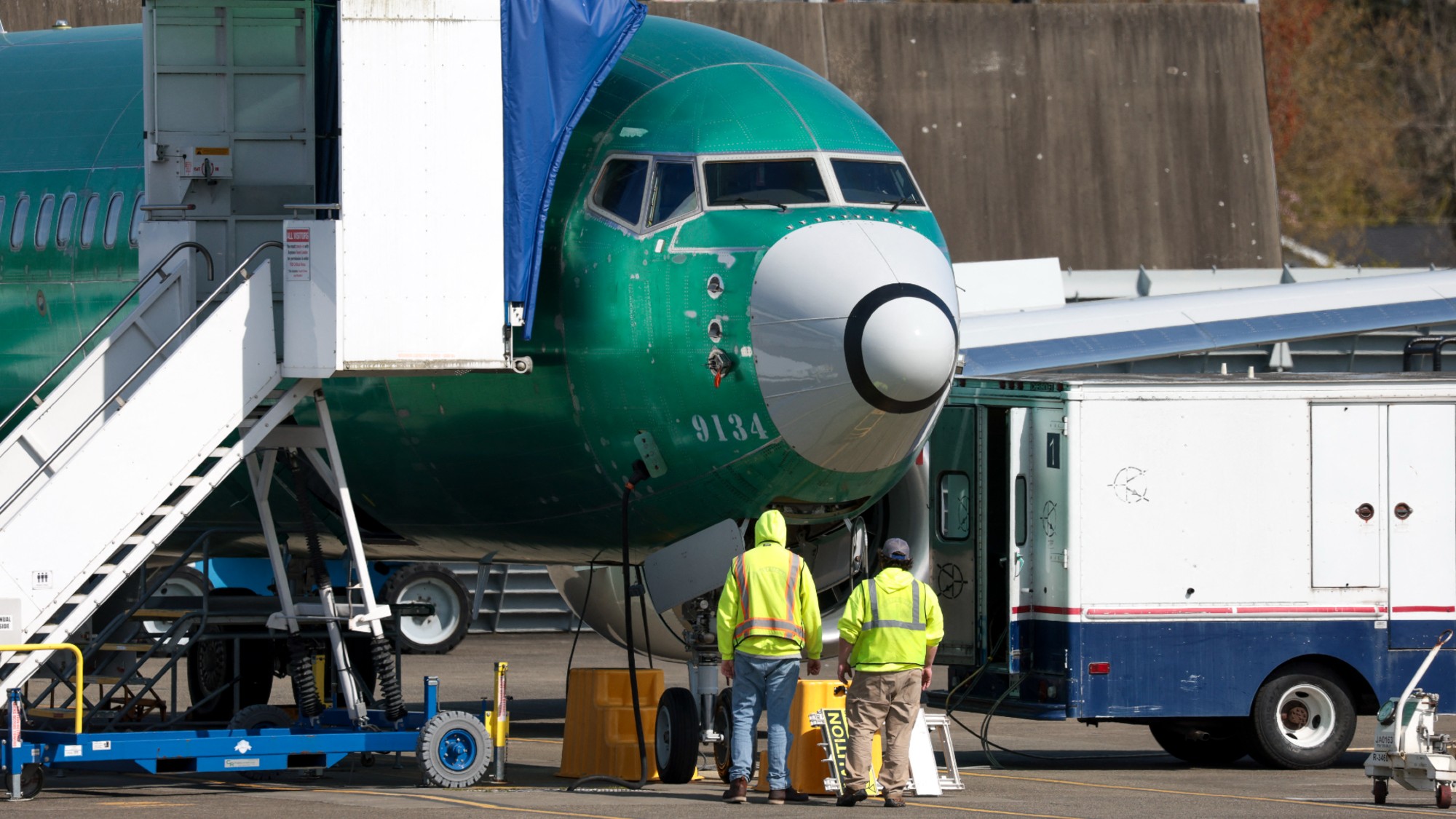 Questions abound over the FAA’s management of Boeing
Questions abound over the FAA’s management of BoeingTalking Points Some have called the agency’s actions underwhelming
-
 GPS jamming: a new danger to civil aircraft
GPS jamming: a new danger to civil aircraftThe Explainer Use of the 'invisible threat' is on the rise
-
 How global conflicts are reshaping flight paths
How global conflicts are reshaping flight pathsUnder the Radar Airlines are having to take longer and convoluted routes to avoid conflict zones
-
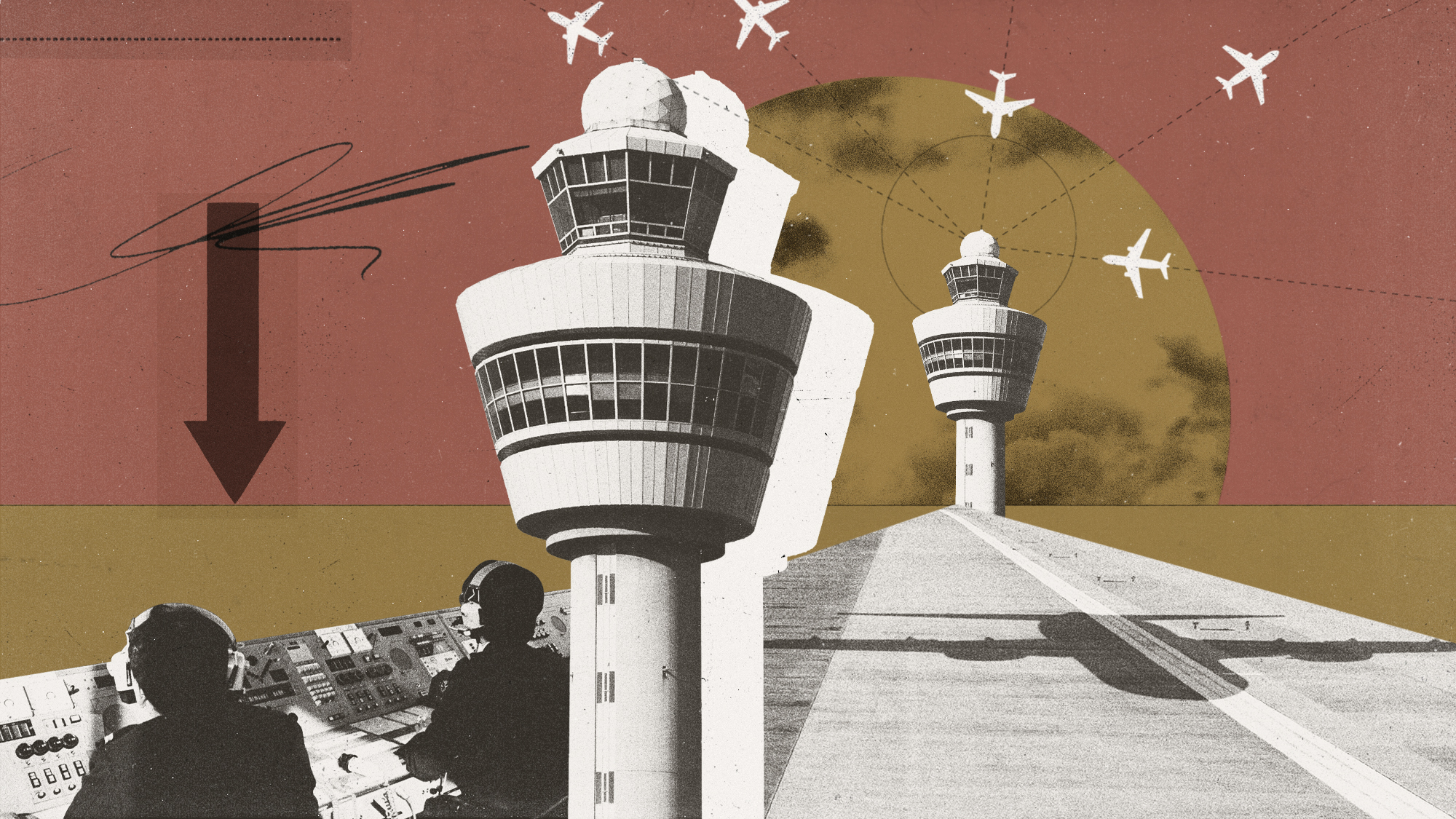 What's wrong with America's air traffic control systems?
What's wrong with America's air traffic control systems?Today's Big Question The radios and radar keep going out at Newark International
-
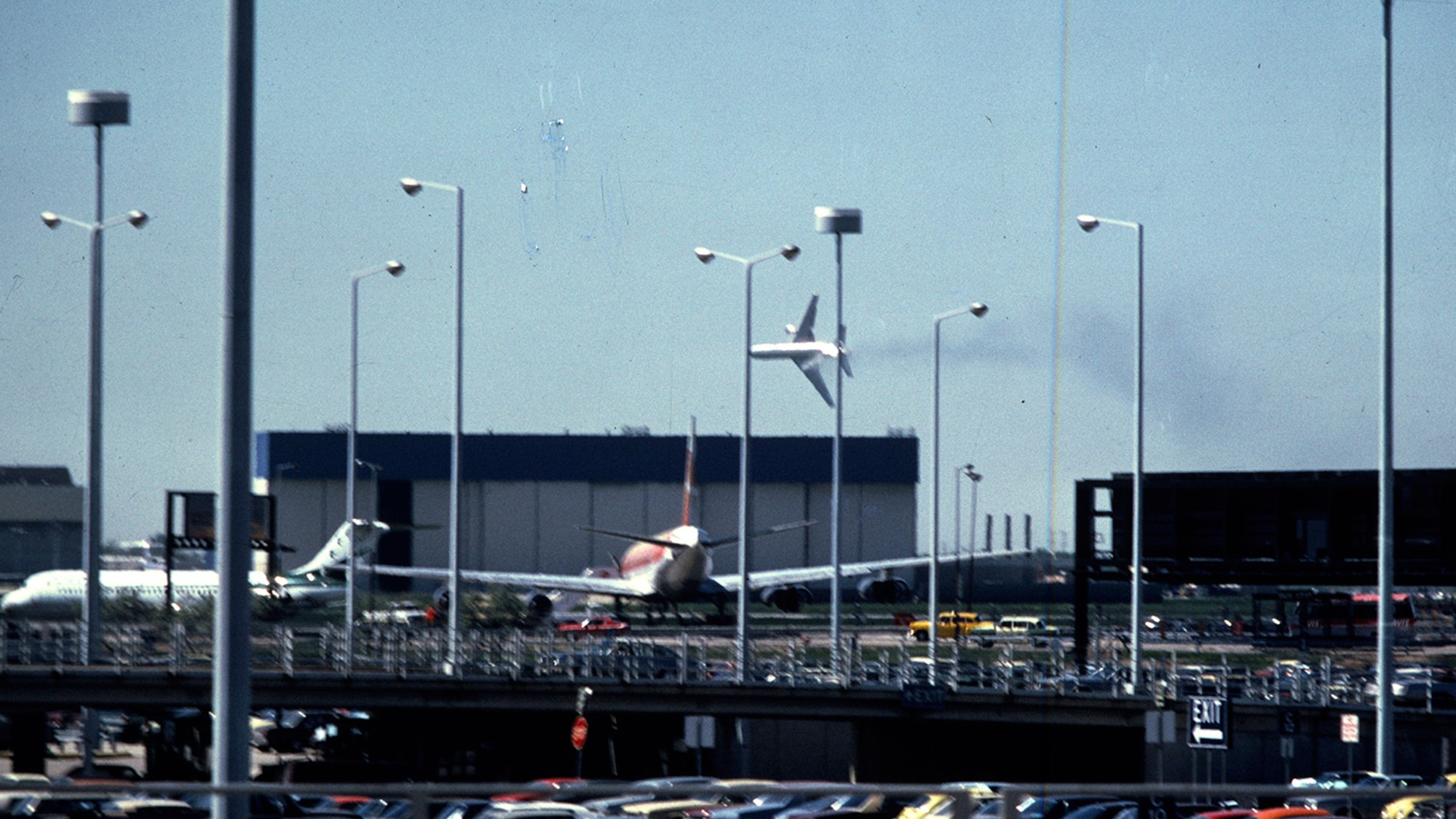 The deadliest plane crashes in US history
The deadliest plane crashes in US historyThe Explainer American Eagle Flight 5342 was the first deadly U.S. passenger crash since 2009
-
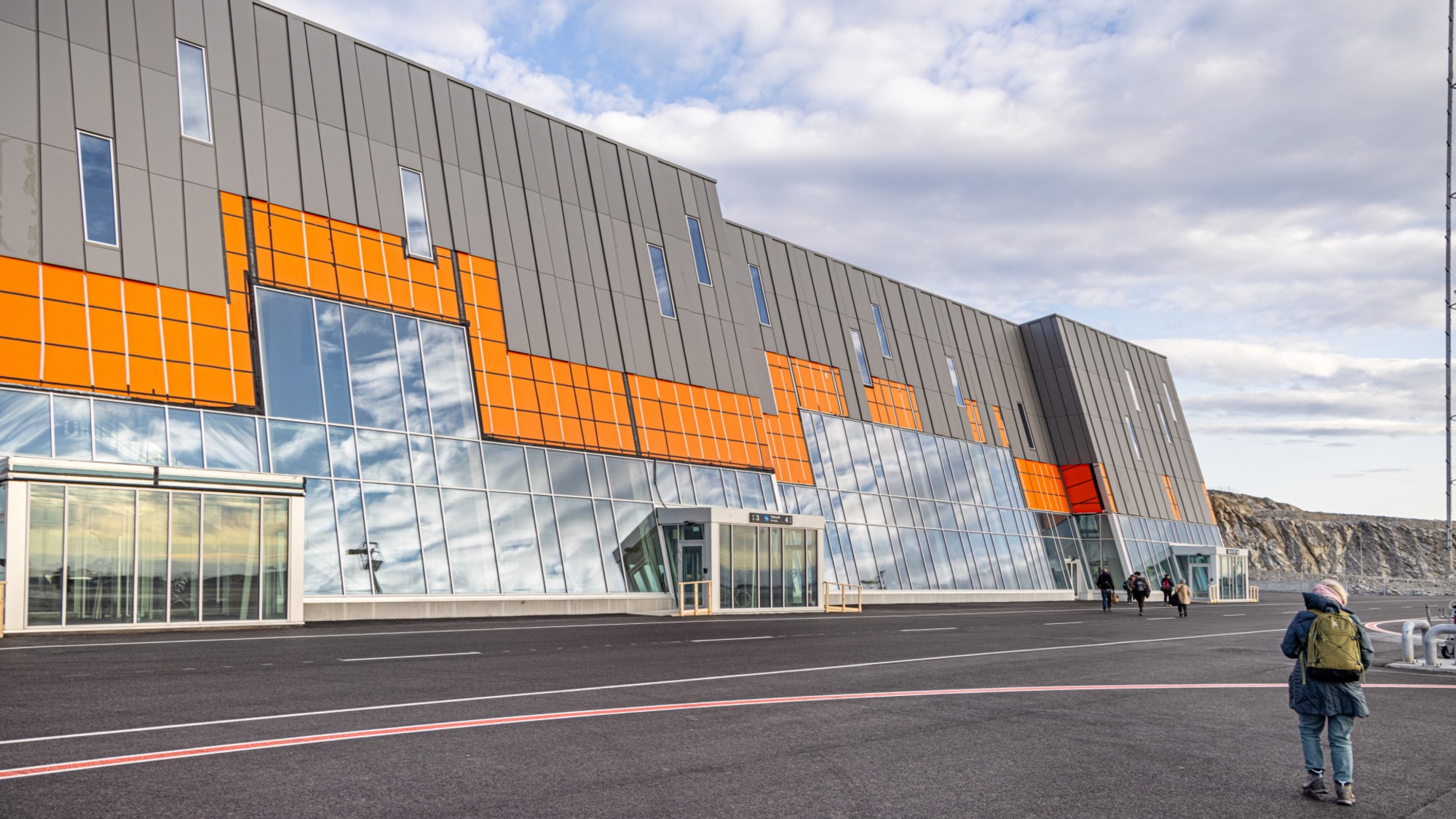 Greenland is hoping to boost tourism with the Arctic's first international airport
Greenland is hoping to boost tourism with the Arctic's first international airportIn the Spotlight The enhanced facility is the first international airport in Greenland's capital